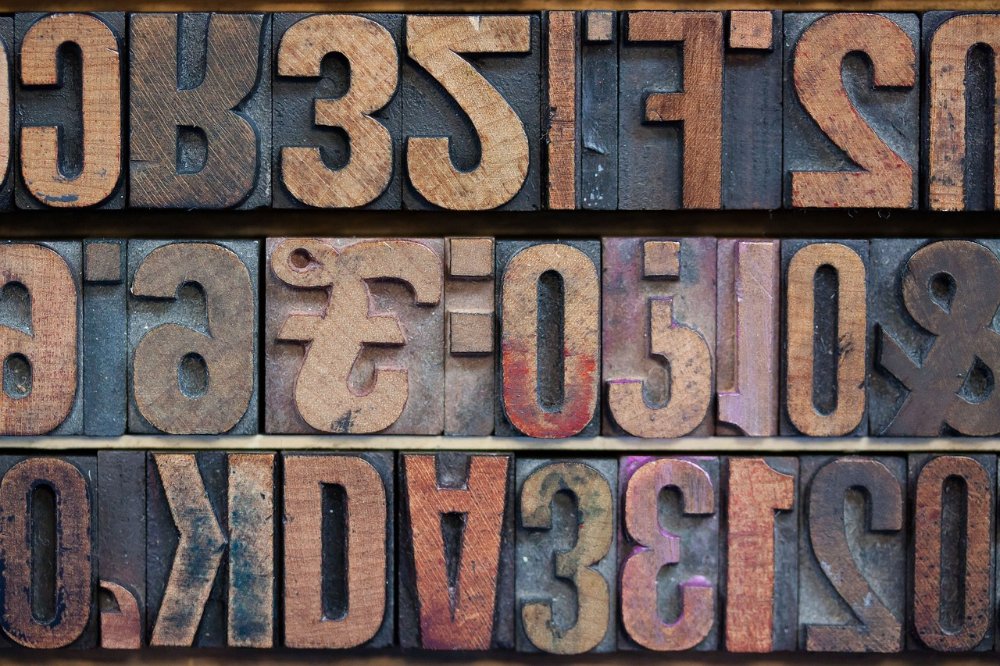
Artists often conflate creativity with skill. It’s not surprising. The ranks of successful artists have largely been confined to those who not only have compelling creativity and vision but also have or have access to the specialized skills required to execute on that creativity.
So how much of a piece of art is creativity and how much is skill? For the sake of argument, let’s say it’s perhaps ten percent inspiration and ninety percent skills, depending on the medium and project. Arguably, a good idea is the most important part, but there’s a lot of utilitarian art all around us in which skill of execution is primary and the ideas follow well-worn paths.
Most artists study their craft for years developing the skills required to create. Along the way, acquiring those skills helps shape creativity — you learn stylistic and technical rules, what’s possible and what is not, what your limitations are, what you like and don’t, and what the creative market wants (and doesn’t want). But there’s also usually mechanical or tedious work required that is neither creative nor informing. That too, is arguably part of the creative process. And maybe it helps develop and shape creativity (as much experience does). But it is not inherently creative on its own.
So why does the distinction matter? Everyone working on AI is talking about agents, and that 2025 will be the year of agentic AI. So what is agentic AI and why should you care? It’s a fundamental shift in how we think about getting things done. Up till now, we’ve used tools to make things. A hammer is a tool. A printing press is a tool. A spreadsheet is a tool. Software is a tool. Most users of AI until now have used AI as an input/output tool.
Agentic AI is different – agents are intelligent bots that have specialized skills trained on data and that listen to your question and figure out what expertise is needed, then create new bots with those skills who work together to get you a solution. An agent might write a custom bit of software to process a task. Another agent might go out and create a custom set of data to test and inform an answer. Agents shift the utility away from tools you have to direct or supervise to skills trained to understand where the endpoint of a query or project is and determining ways to accomplish it.
Given the vast amount of information available to it, an AI can (or will soon) outperform humans on most skill-based tasks, and in a mere fraction of the time. For now we’re talking about virtual tasks. But physical AI is making progress too and it won’t be long till self-driving vehicles and robot butlers are commonplace in the real world.
So what does this mean to artists? Art that is primarily skill-based — graphic design, stock music or images, text and marketing, etc — can be created faster and often better than human artists, and at lower cost. This is particularly true for compound art that requires specialized equipment and/or collaboration of specialists. As for art with high creative quotient, humans will not only be essential, but the automation of skills available to them will likely make them better. Maybe much better. And certainly more prolific.
We’ve seen this before. In the 1400s, Swiss scientist Conrad Gessner wrote that the printing press would “overwhelm people with data, which could be harmful to the mind.” (sound familiar?) Manuscript copyists decried the lack of quality of mechanical printing presses and said it would end creativity. Instead, the press proved led to an unleashing of knowledge and creativity never imagined.
Early in the digital age, video and film was the specialty of trained professionals working in multi-million-dollar studios. Critics laughed at the low quality of YouTube videos when they went online. But YouTube unleashed a vast torrent of creativity. In the process the technology changed what it means to be creative in video as well as the relationship between creator and audience.
We don’t yet know how AI will change creativity or art. And given recent experience in the digital age in which technology empowered some but impoverished whole eco-systems of artists, there’s cause for concern. Our definitions of creativity will change whether we like it or not just because of what AI will make both possible and commonplace.
So it’s important to note the distinction between what are skills and what is creativity. One will most certainly be largely taken over by AI. The other will make its humans more powerful. It takes considerable commitment and investment to be a good artist. It also takes resources to produce work. Because the investments have been so substantial and the rewards often meager, a lot of creativity never finds expression. Every time new technology comes along and reduces the cost of bringing creativity to life there’s an explosion of new creativity and the need for skills we didn’t know we needed to have.
The hardest part, I think, is acquiring a mindset to understand what’s possible unencumbered by norms of the past without losing the values that inform what you want to do.
Related

